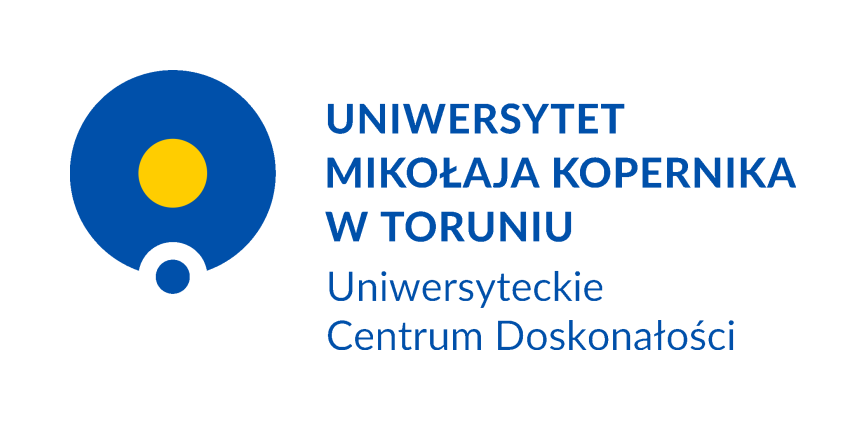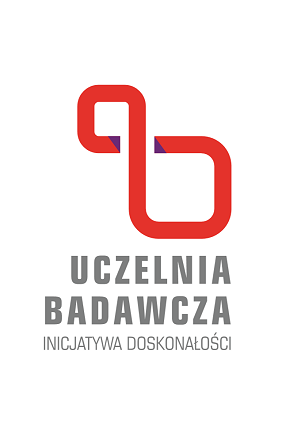
Mgr Dawid Megger z Zespołu FUTURE oraz Dr Michael Pleyer Zespołu EVO opublikowali ostatnio nowe artykuły! Możecie przeczytać je tutaj i tutaj! A poniżej zamieszczamy abstrakty
Megger, D. i Wysocki, I. 2023. Coercion, voluntary exchange, and the Austrian School of Economics. Synthese.
In this paper we analyse the concept of coerced exchange (and partly of voluntary exchange inasmuch as the absence of coercion is its necessary condition), which is of utmost importance to economic theory in general and to the Austrian School of Economics in particular. The subject matter literature normally assumes that a coerced action occurs under threat. Threats in turn can be studied from the perspective of speech act theory, which is concerned with the speaker’s intentions. Ultimately, our goal is to provide a descriptive (i.e. non-moralized) definitions of threat and coercion, based on the analysis of the coercer’s intentions. If successful, we would be in a position to present such an account of coerced and voluntary exchanges that is compatible with both speech act theory and the Austrian methodology. Although we focus on the Austrian School of Economics, we believe that our investigations might impact on economic theory in general. We also criticize a rights-based account of coercion employed in the research practice of some neo-Austrians and based on the libertarian ethic of property rights.
Pleyer, M. 2023. The role of interactional and cognitive mechanisms in the evolution of (proto)language(s)
Author links open overlay panel. Lingua.
This paper discusses the role of interactional and cognitive mechanisms in the emergence of (proto)linguistic structures and the evolution of (proto)language(s). Both the social, interactive nature of human communication and the interactional timescale have received increasing attention in investigations of how structure emerges in language. This has also led to an increasing focus on the mechanisms involved in the dialogic co-construction of structure and meaning in interaction. These include ad hoc constructionalization, interactive alignment, conceptual pacts, reuse and modification, and local forms of entrenchment, routinisation and schematisation. Interactional and cognitive mechanisms like these do not only play a crucial role in the emergence of structure in modern languages. They can also help explain how the first (proto)constructions came into being in hominin interaction. Frequently re-occuring, temporary, local (proto)constructions acquired increasing degrees of entrenchment, which led to their subsequent diffusion throughout hominin communities. They were then subject to processes of conventionalisation and cumulative cultural evolution. This process is hypothesised to eventually have led to the gradual transition from protolanguage to language.


 ul. Fosa Staromiejska 3, 87-100 Toruń
ul. Fosa Staromiejska 3, 87-100 Toruń